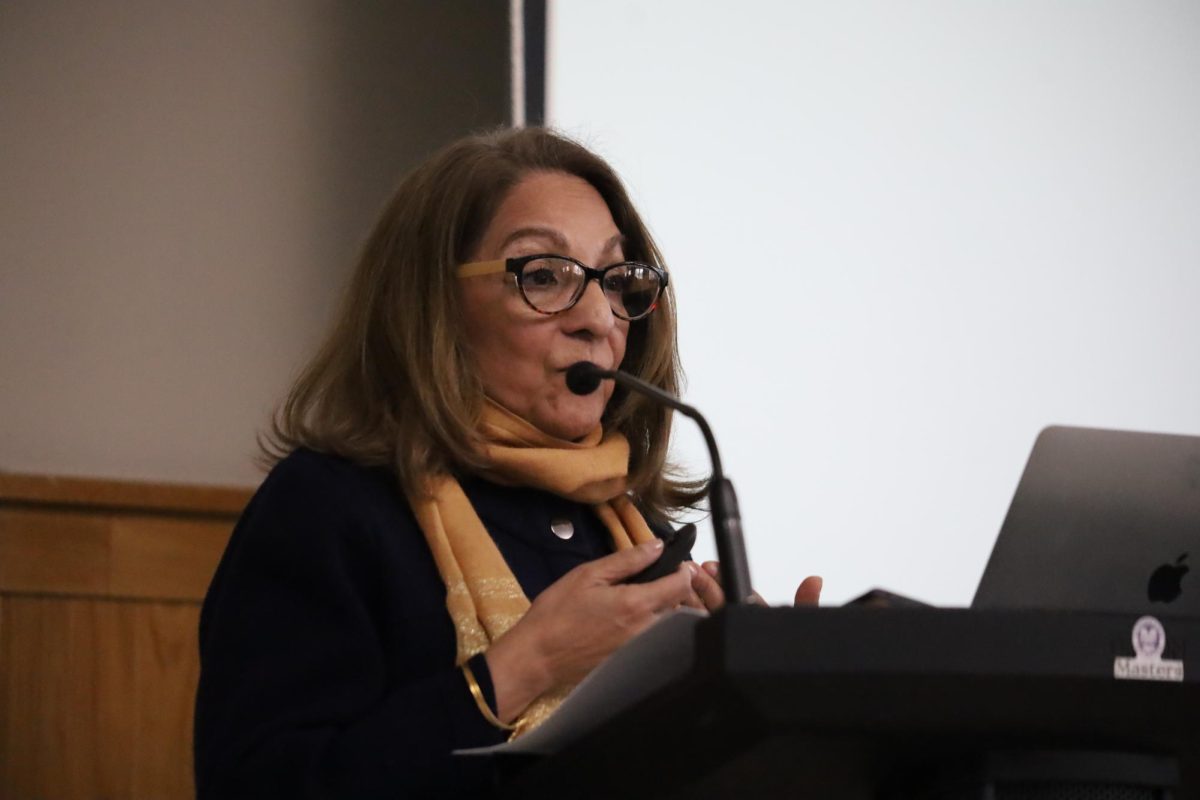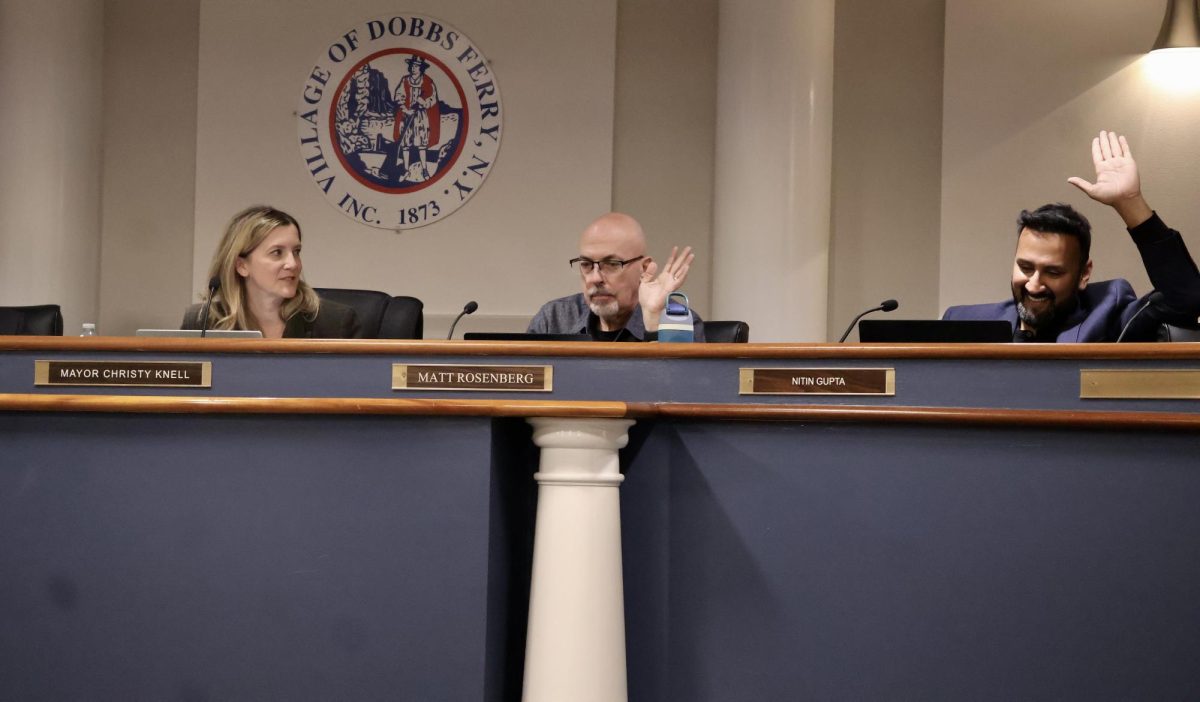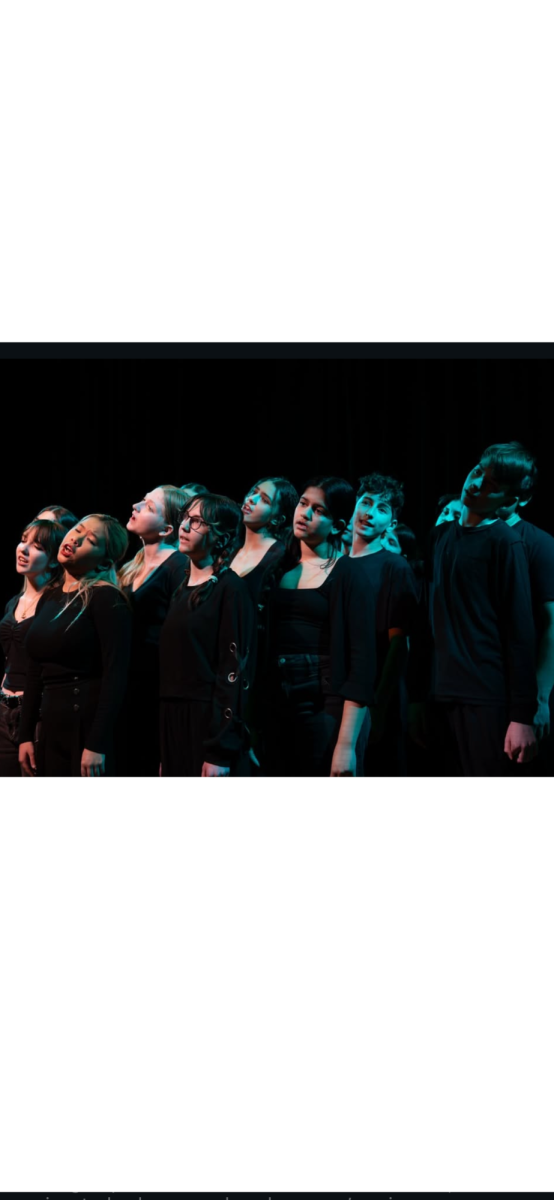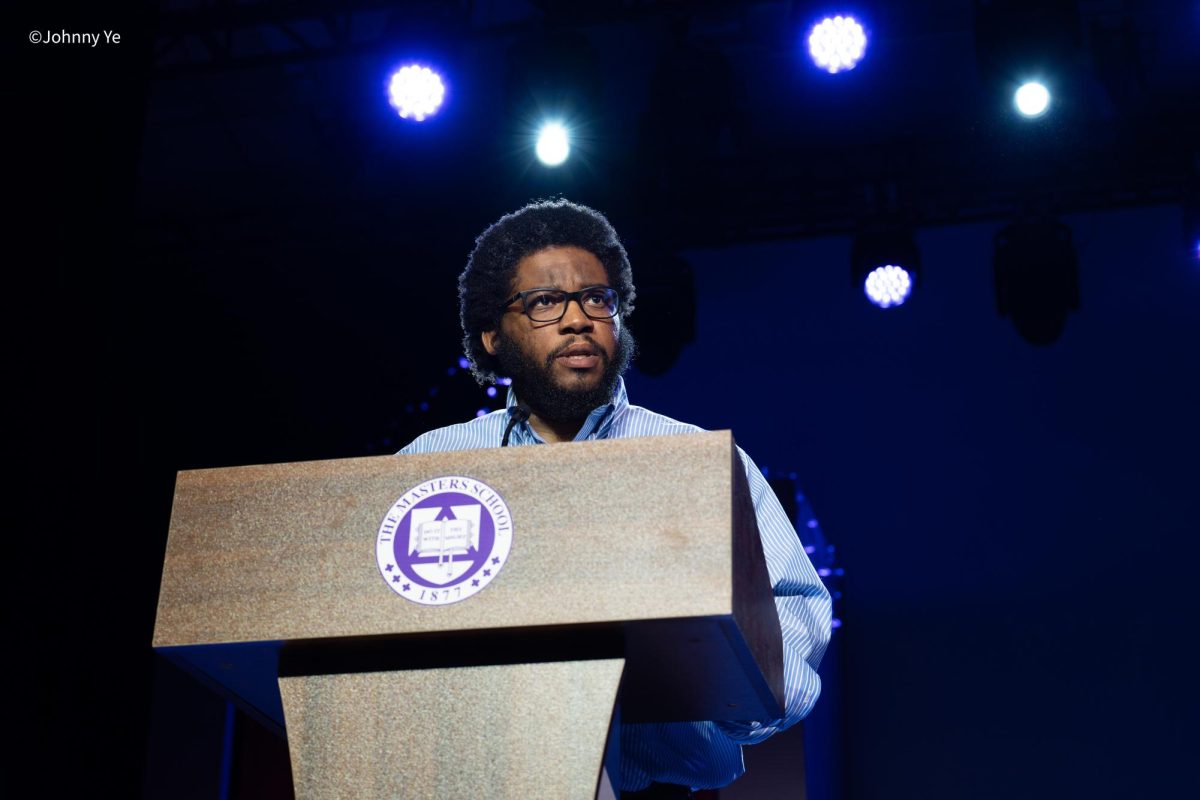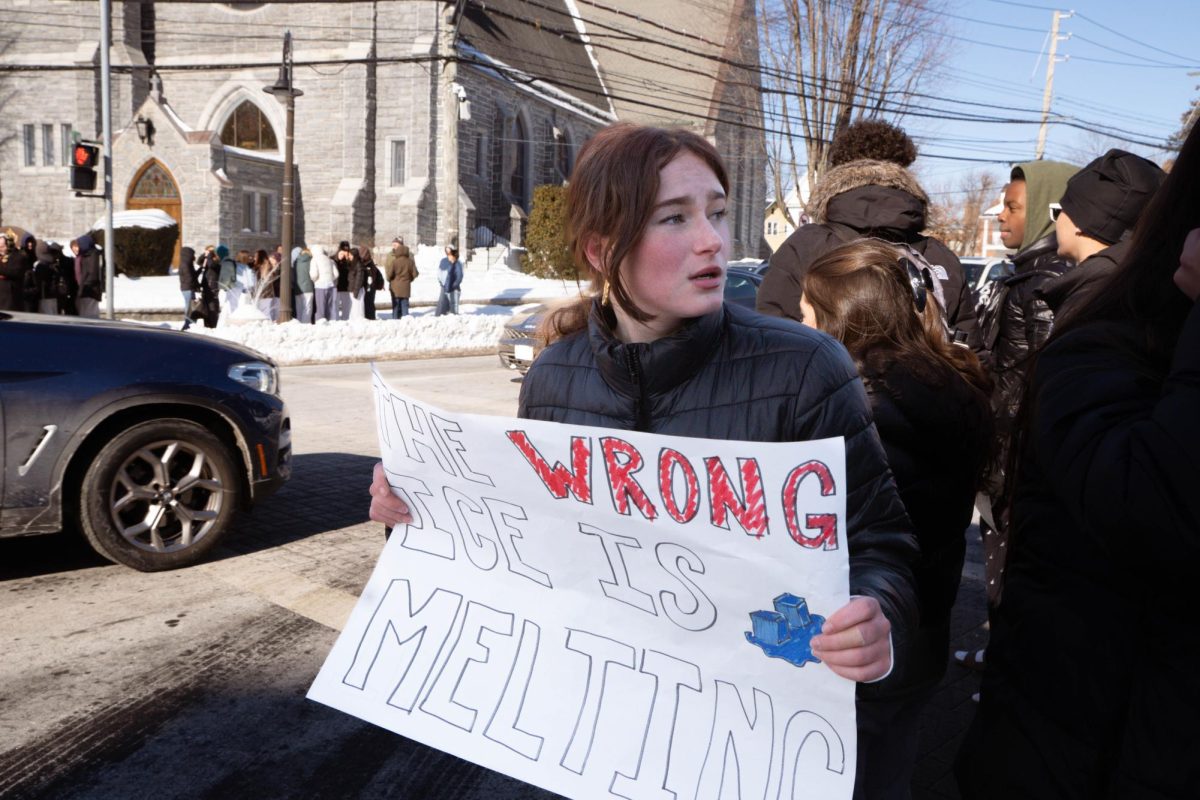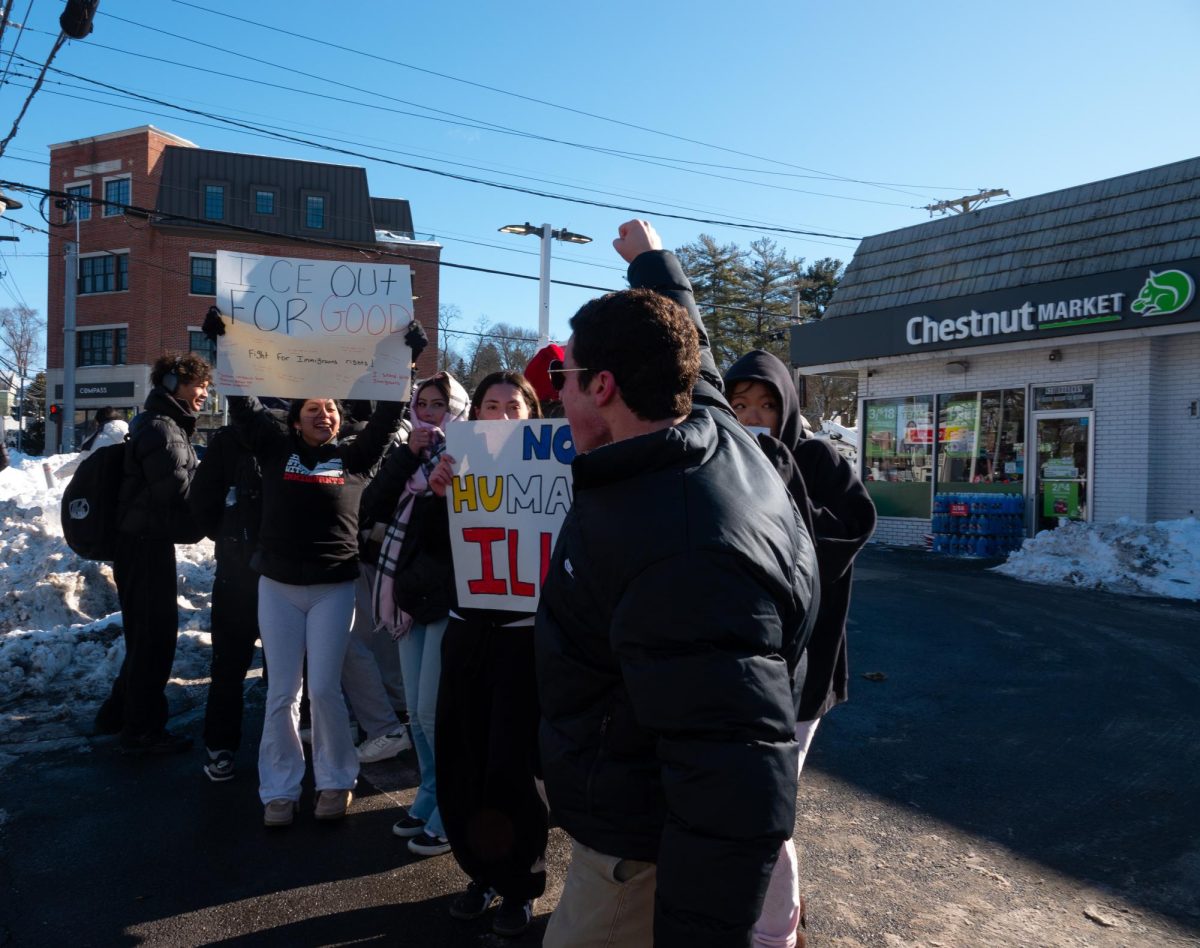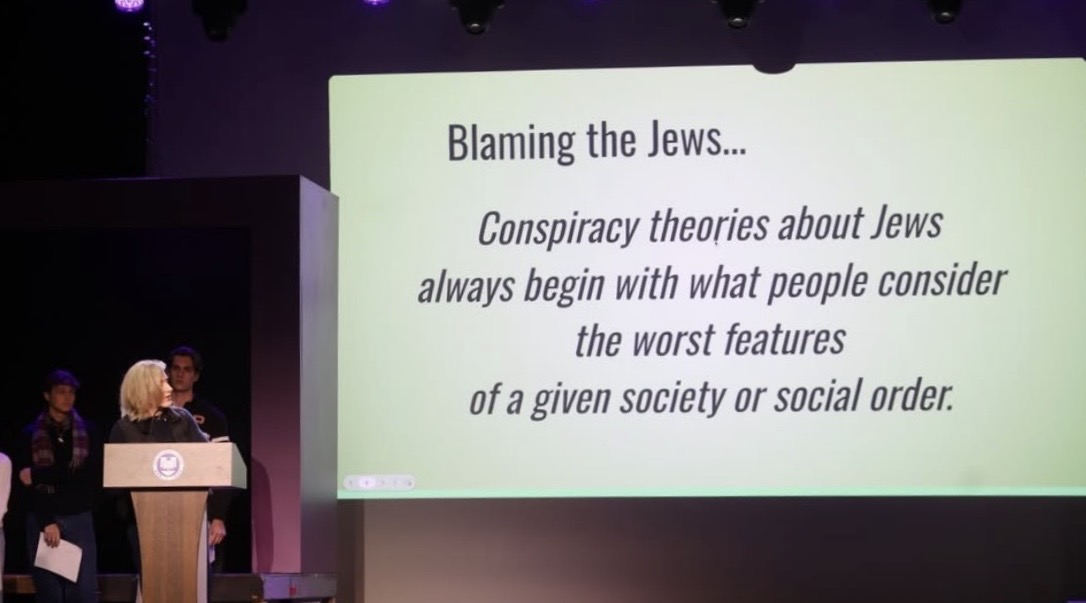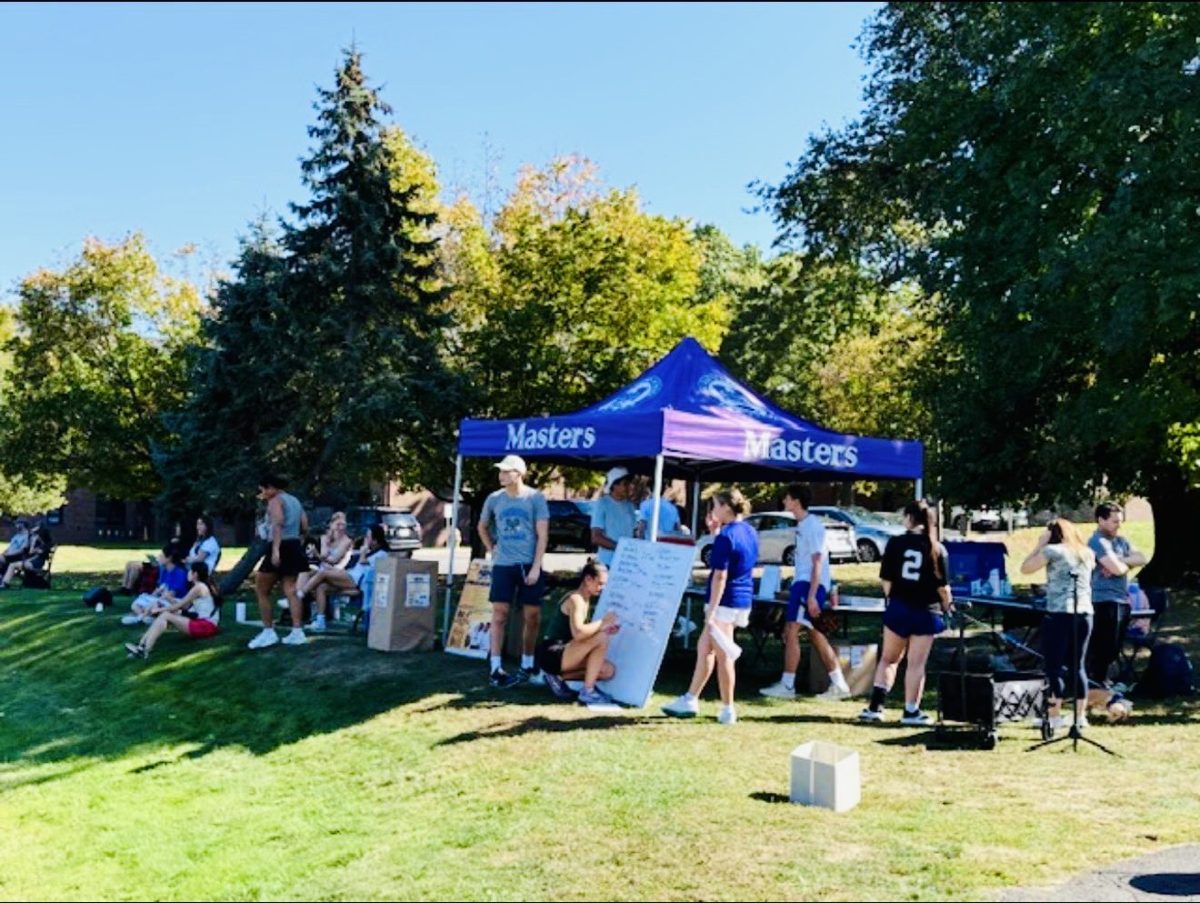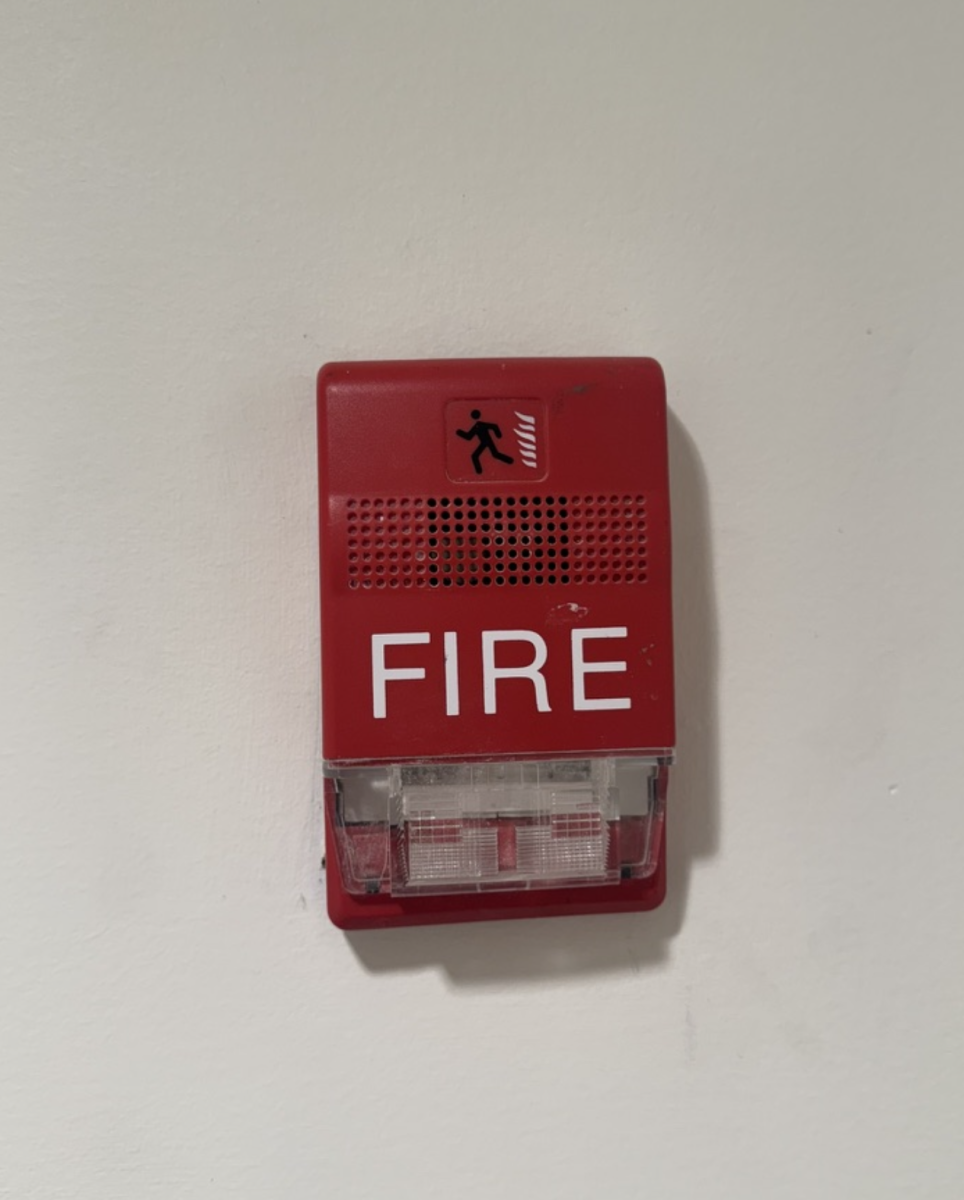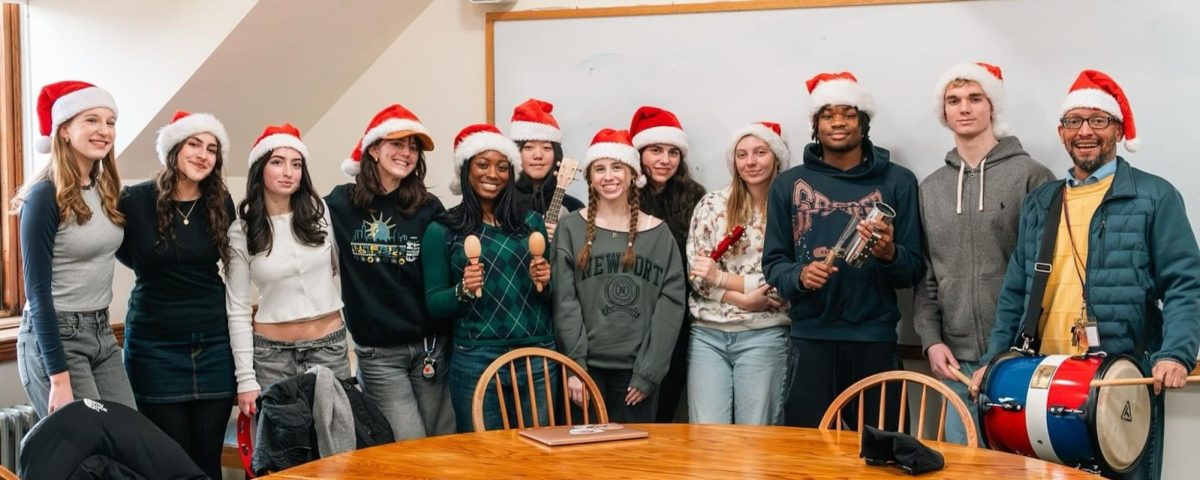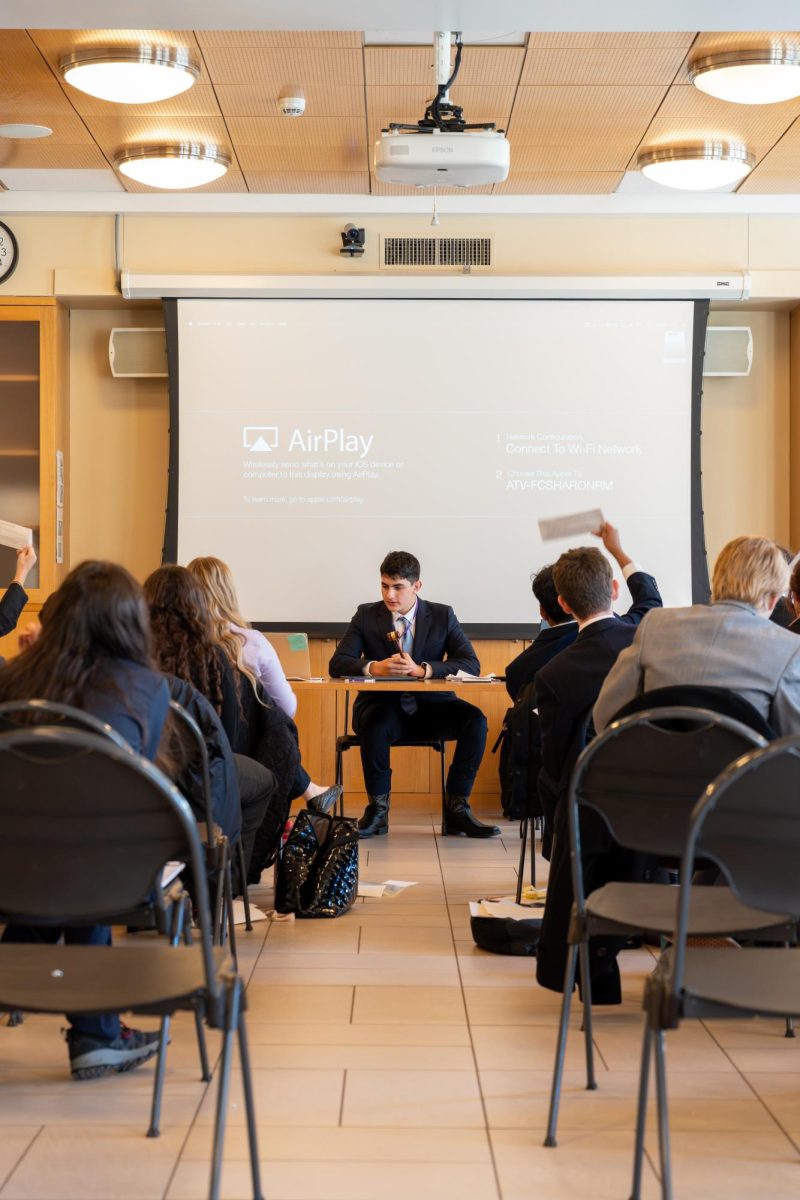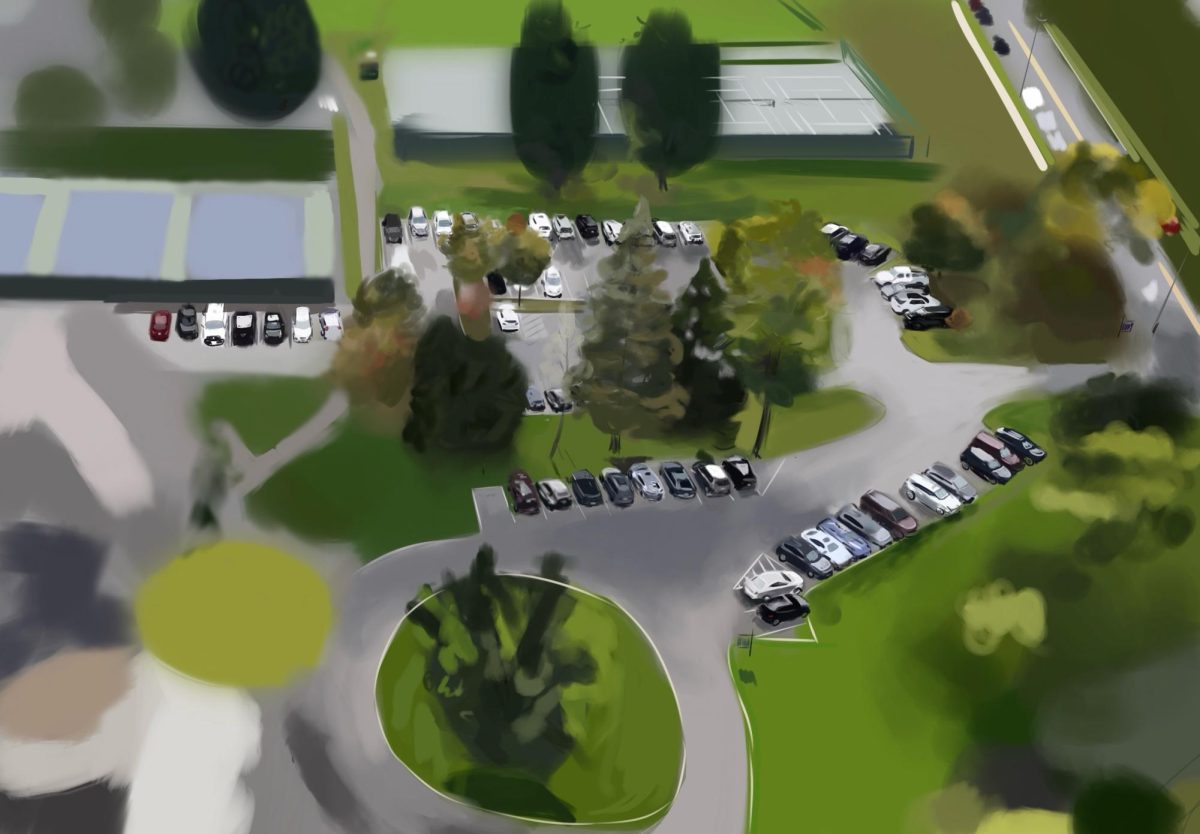Various scholars and experts have visited campus in response to the Oct. 7 Hamas attack in Israel, the subsequent war between Israel and Hamas in Gaza, and a general desire to improve the discussions held in class. The first of these visitors were from the American Jewish Committee, (AJC). Laura Shaw Frank and Myra Clark-Siegel spoke specifically to faculty on Feb. 14 to discuss how to better recognize antisemitism and bias.
Frank is the director of the William Petschek Contemporary Jewish Life Department of the AJC, for which she has written many articles about Jewish history and culture. Clark-Siegel is the director of the AJC’s Westchester and Fairfield region as of 2020. The AJC was founded in 1906 as a not-for-profit global organization that advocates for Jewish people and Israel.
Peter Horn, a consultant, podcast host, published author and former independent school teacher also spoke to the student body during Morning Meeting on Feb. 15, to discuss how to encourage civil discourse in the classroom and school environment. He described civil discourse as “respectful conversation about areas of shared concern about which reasonable people are apt to disagree.”
Horn also gave a presentation to the Middle School, and worked with both Upper and Middle School faculty by sitting in on classes and having lunch with various departments. He sat in with both a sophomore and senior class, which allowed him to begin to understand the range of familiarity different students had with discussion.
He said, “It was very cool to see people just kind of getting their Harkness skills, to people who are really masters.” Horn noted that schools varied with each consultation. He said, “Every school is different, just look at Harkness, for example. That is one real marked difference. You can have excellent schools that are more traditional in their methods, more teacher-centric. And so every school has their own strengths and challenges.”
Selas Douglas, associate head of school for Inclusive Excellence, felt it was important to have experts work with the community following recent current events. He said, “There are people that are hurting in our community that don’t have the opportunity to be cared for or heard or even process how they are feeling because the topic is so sensitive for so many people.”
Douglas also recalled when the Diversity Ambassadors did an exercise demonstrating their varying viewpoints by walking across the stage to represent the spectrum of perspectives. “We want to help people understand that we may all have different viewpoints, but it’s necessary to hear someone out.”
Both he and Horn mentioned the upcoming election as a divisive topic that would require civil discourse. “We’re getting ready to walk into a presidential election cycle where there are going to be a lot of different beliefs and values that may be challenged by somebody else,” Douglas said.
Daisy Khan, the founder of WISE, or Women’s Islamic Initiative in Spirituality and Equality, spoke to staff on Feb. 22. She visited campus with the intention of improving the dialogue surrounding Islamophobia in the class by clarifying the history and language used. She explained terms such as “Jihad” and exposed myths about the burqa and hijab as tools of oppression. Khan has written both Op-eds and two novels, and has worked with many schools and publications.
Peter Newcomb, the head of The Upper School, was in charge of planning the schedules for Khan, Clark-Siegel, and Shaw. Explaining the purpose of their visit, he said, “We brought in these speakers, in particular, with the goal of better helping our community navigate discourse around the conflict in the Middle East and the uptick in antisemitism and Islamophobia.”
While the speakers have met with each faculty department in both The Upper and Middle School, there are also plans for their return after spring break.



